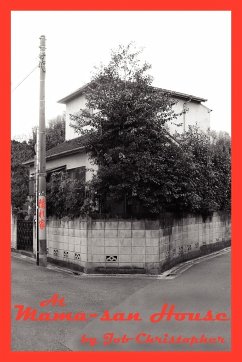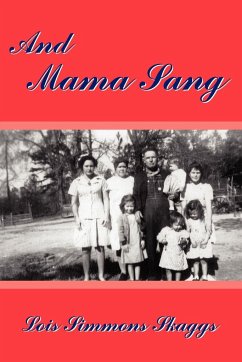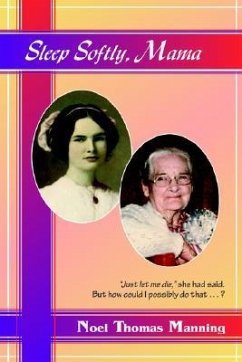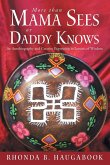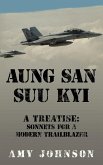During the Occupation of Japan, 1945-50, U.S. Army soldiers called every Japanese woman over thirty-five years of age, Mama-san, It was not a Japanese word, but pidgin English by American soldiers in an effort to communicate on their own terms. This well-meaning word quickly found use in mama-san houses which were operated by mama-sans who rented rooms by the hour to pom-pom girls. However, Mama-san House of this story was a middle class Tokyo home owned by Mama-san, a gentle lady whom Joe suspected of being a former Geisha. Here, during his off duty hours, Joe and Eiko found their Special Island, or hideaway. Such affairs were discouraged and frowned on by the U.S. Army and American-Japanese marriages were forbidden by law. Outbreak of war in Korea ended Joe's secret paradise when he and most of the Occupation Army moved quickly to meet the communist attack. Never a hero, Joe served honorably as an Infantryman and survived thanks to the draw of a lucky card, or so he believed. Daily letters from Eiko sustained him through heartbreak and hardship, and fallen friends helped him when needed the most. After a time, officialdom in Washington concede to the reality of mixed marriages, but now Joe is in Korea . . . "At Mama-san House" begins as a wide eyed seventeen years old private soldier arrives in Japan and evolves as he grows into a seasoned twenty-year old sergeant leading his mortar squad in combat. Eventually, Joe is forced to advance from romantic boy to practical man. Well . . . almost.
Hinweis: Dieser Artikel kann nur an eine deutsche Lieferadresse ausgeliefert werden.
Hinweis: Dieser Artikel kann nur an eine deutsche Lieferadresse ausgeliefert werden.

